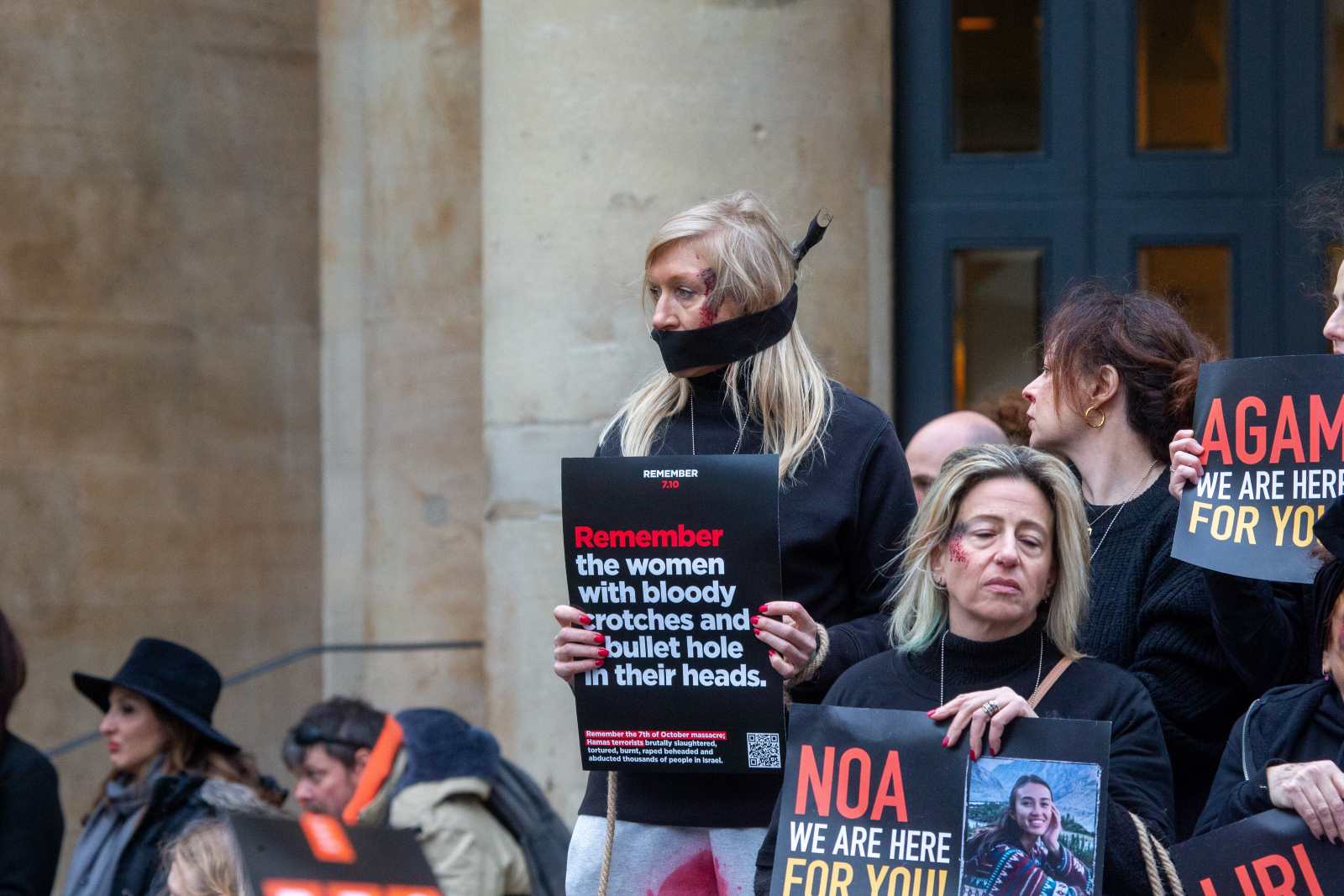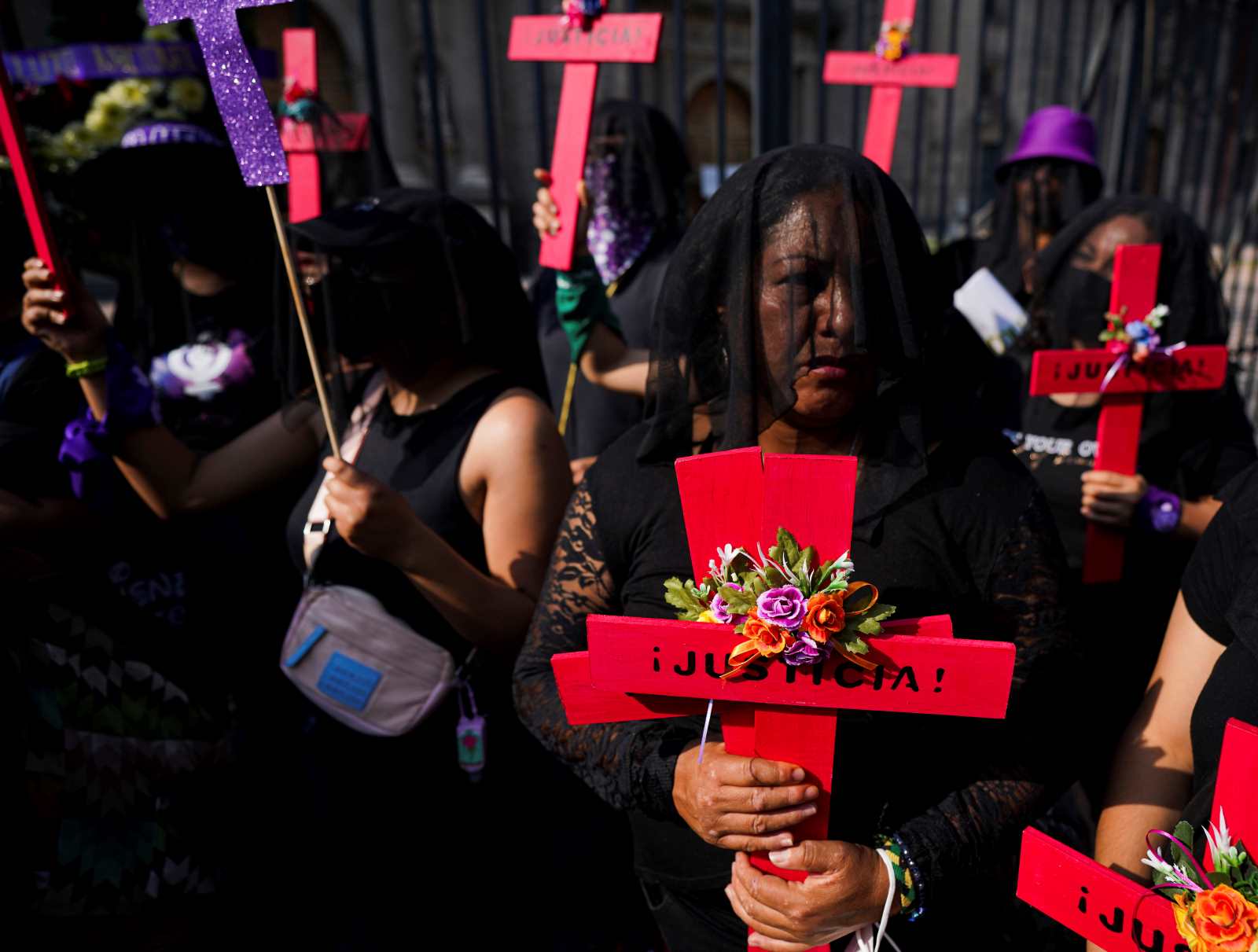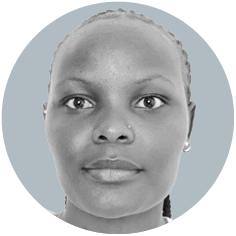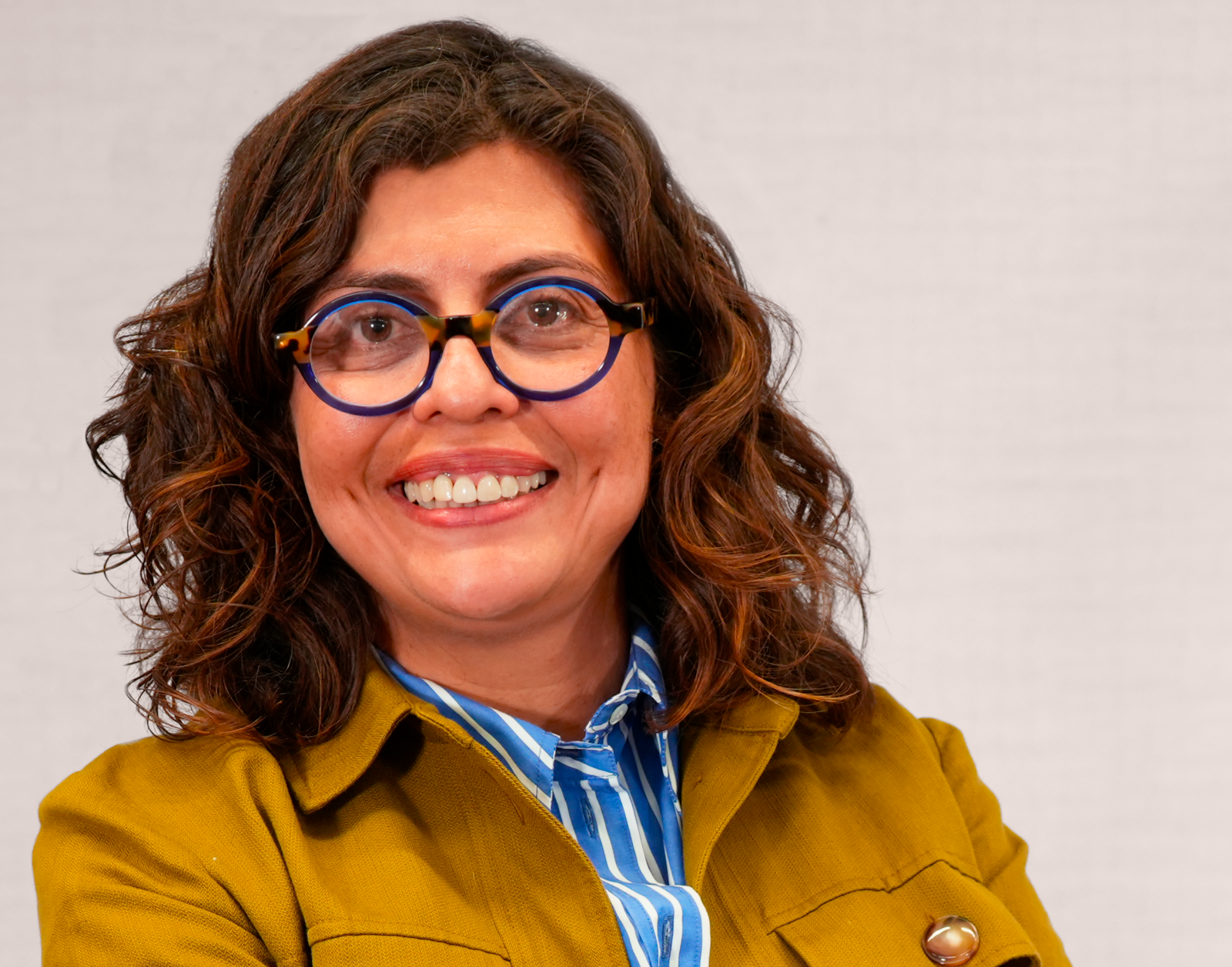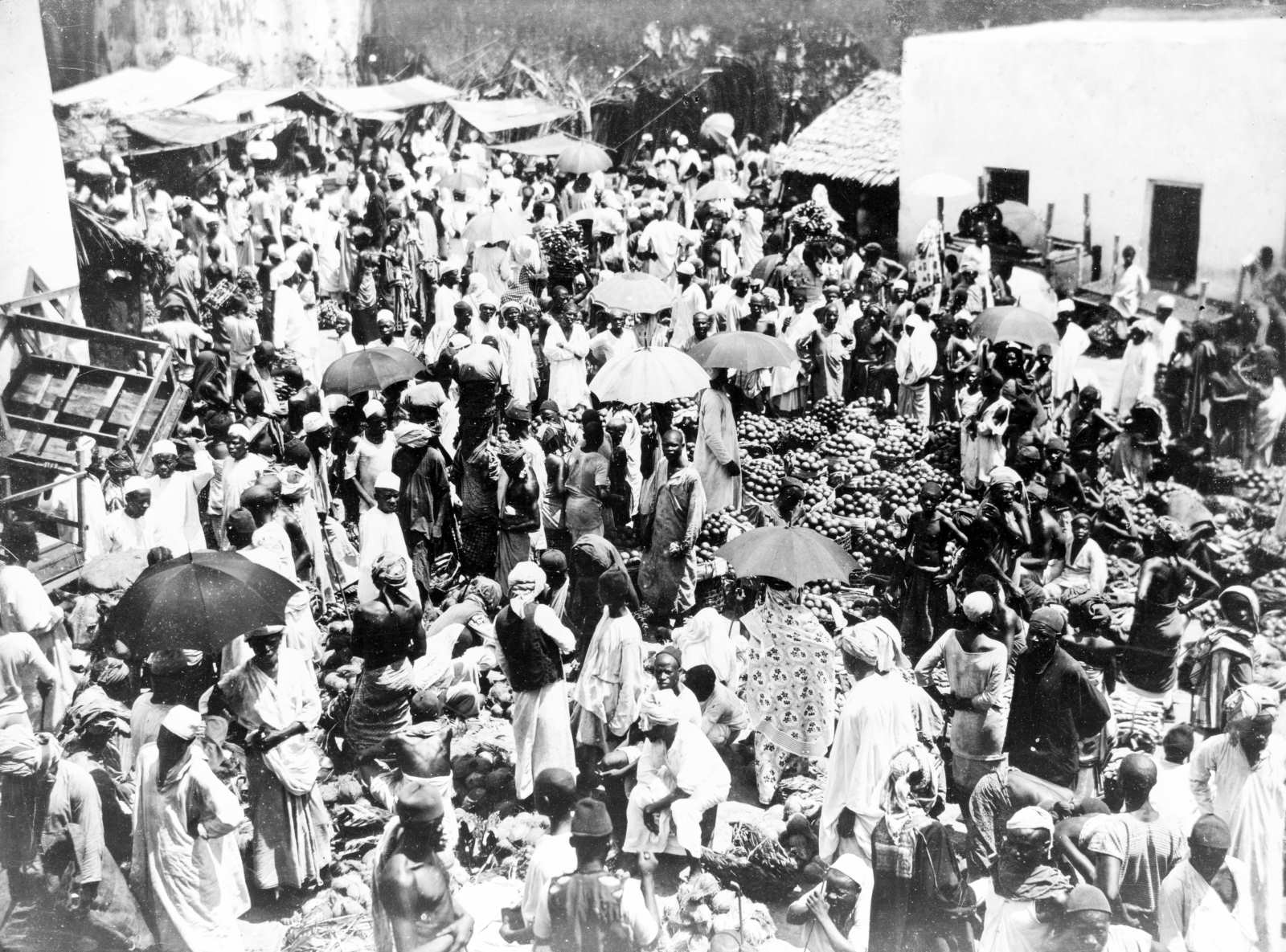Short films
Reimagining African folktales
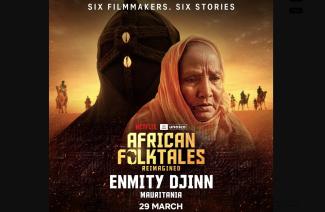
Mamlambo is a reptilian river creature in the folklore of the South African Zulu, a malevolent being that drags people into deep water and kills them. In her short film of the same name, South African director Gcobisa Yako reimagines the character in a modern context: as a benevolent female entity that stands by women who have experienced violence. When young Amandla, in a moment of despair, throws herself down a waterfall, she is saved by Mamlambo and learns that gender-based violence is a considerable problem.
Together with five other short films, “Mamlambo” forms the six-part drama series “African Folktales Reimagined”, available on the Netflix streaming platform since 2023. Young directors from Kenya, Mauritania, Nigeria, South Africa, Tanzania and Uganda present their own interpretations of traditional narratives and mythological motifs.
Kenyan director Voline Ogutu, for example, paints a picture of a misogynistic society in her dystopia “Anyango and the Ogre”. This society is divided into two parts: a fenced-off area of wealth and abundance accessible only to young women, who are confined to the role of mothers in conventional families. In contrast, older, marginalised women live in impoverished conditions in the outside world. However, the world of the wealthy is only seemingly idyllic: three children distract themselves from the violence their father inflicts on them and their mother by telling the fairy tale of a husband who turns out to be a monster.
Competition by UNESCO and Netflix
The six directors won a short film competition organised by UNESCO and Netflix for young talents aged 18 to 35 from sub-Saharan Africa. Their ideas stood out from more than 2000 submissions, earning them $ 25,000 each and a production budget of $ 75,000 to create the films with local production companies. With this initiative, UNESCO aims to support young filmmakers and promote the continent’s cultural diversity.
The genres within the series are also diverse: In the science fiction drama “Halima’s Choice”, a young woman who is to be forcibly married is immersed in a virtual world; in the historical thriller “Katera of the Punishment Island”, a woman seeks revenge on a cruel man; and “Katope” tells the story of a girl’s encounter with a mysterious rainbird during the dry season.
The films vary in quality. In addition to the aforementioned “Mamlambo”, a particularly captivating contribution is “The Enmity Djinn” by Mauritanian director Mohamed Echkouna. He tells the story of an older woman who knows how to protect her family from an evil spirit.
“African Folktales Reimagined” shines a light on the cultural treasure of African oral traditions. It also provides a spotlight for 6 emerging talents of the African film industry. In their perspectives on mythology and contemporary issues, elements of fantasy and science fiction intersect with often starkly depicted social criticism. The oppression of women in patriarchal society is addressed on several occasions.
A new generation of African filmmakers impressively demonstrate that they are not afraid to tackle pressing socio-political issues.
Short films
Netflix and UNESCO, 2023: African Folktales Reimagined. (Suitable for viewers aged 16 and over.) Films and directors:
Katera of the Punishment Island (Loukman Ali, Uganda, 28 min);
Halima’s Choice (Korede Azeez, Nigeria, 24 min);
Anyango and the Ogre (Voline Ogutu, Kenya, 18 min);
Enmity Djinn (Mohamed Echkouna, Mauritania, 19 min);
Katope (Walt Mzengi, Tanzania, 14 min);
Mamlambo (Gcobisa Yako, South Africa, 21 min).
Jörg Döbereiner is member of the editorial board of D+C/E+Z.
euz.editor@dandc.eu

